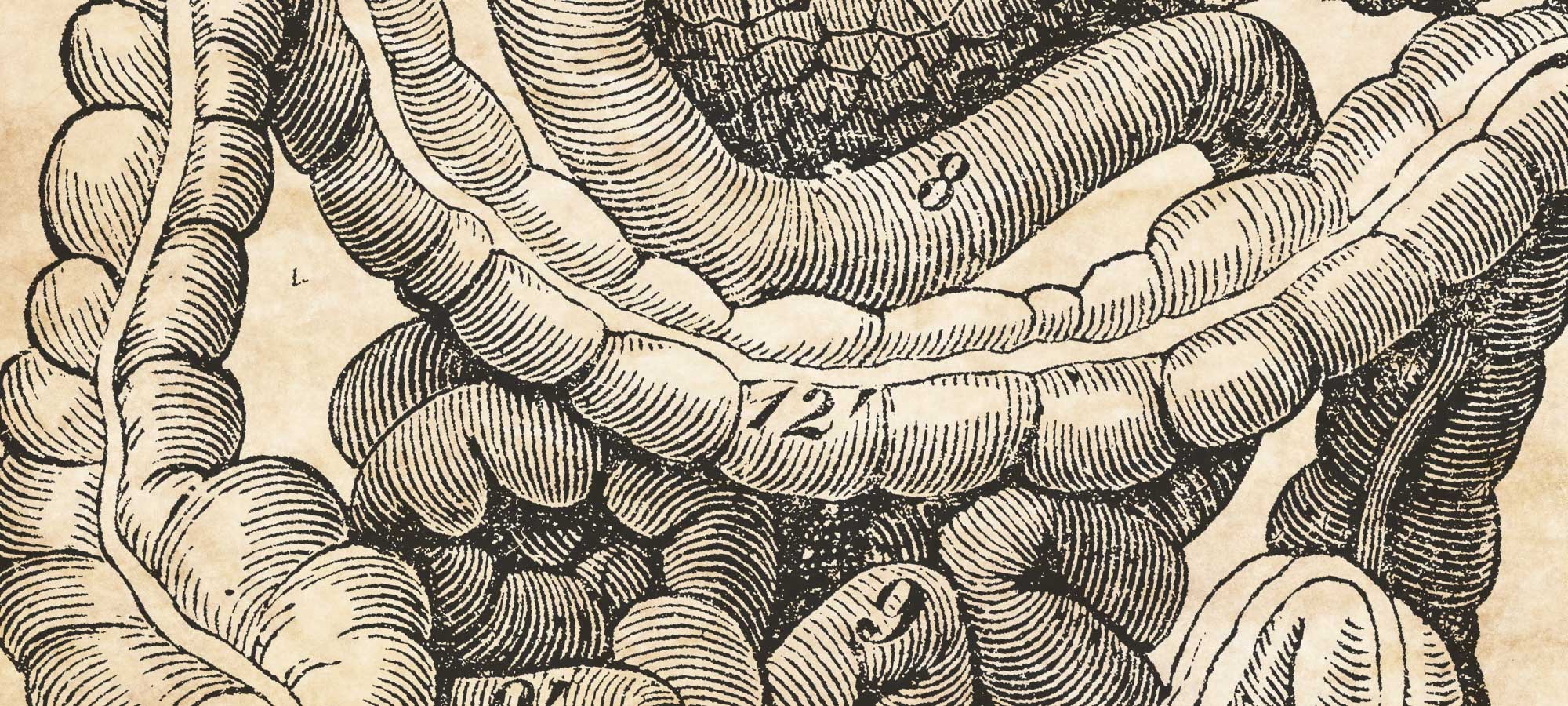Last updated on June 18th, 2019
Irritable Bowel Syndrome (IBS) affects around one in five New Zealanders and Australians, with women being twice as likely to be affected than men. This common condition is not normal—food is not supposed to bloat you—and it doesn’t have to be this way. Here are a few of the common reasons people experience IBS and how to address them.
Common symptoms of IBS
- Abdominal pain or cramping that tends to be relieved by passing wind or faeces
- Diarrhoea, constipation, or alternating between the two
- A sensation of “incomplete evacuation” – a feeling that the bowels are not fully emptied after passing a motion
- Bloating
- Mucous present in the stools
- Nausea
What causes it?
Getting to the heart of why someone is experiencing IBS is critical, as the road into any condition is the road that needs to be taken out. At the heart of IBS can be a range of triggers including:
- Relentless stress hormone production, anxiety or excessive worrying
- Food intolerances, poor digestion, low digestive enzyme production
- Sex hormone imbalances
- Gut bacteria disruptions, possibly after an episode of food poisoning, antibiotics, or an upset holiday tummy
Stress-related IBS
If your gut function has changed after a challenging time in your life, your bloated abdomen may have initially been due to poor stomach acid production. Now, however, if poor stomach acid production has been ongoing because of an almost low-grade (or high-grade) anxiety inside you, the changes in digestion that were initially due to poor stomach acid production may have altered your gut bacteria profile and the pH of the large bowel. It is important to focus on stimulating stomach acid production by slowing down your meal consumption, avoiding drinking water 20 minutes either side of eating and chewing your food really well. It’s also important to eat mindfully, in other words, focus your attention on consuming your meals without looking at your phone, television, laptop/computer or book and do your best to eat in a calm state. To help reduce the stress and anxiety your body is experiencing, integrate a breathing exercise into your daily routine.
IBS caused by food intolerances
Observation is the key to this process, as your body does not have a voice. Your body communicates through symptoms, and lets you know if it is happy or not. A food that bloats you is, in that moment (not necessarily long term), not your friend, and your body is simply letting you know. So take a break from whatever you suspect and notice if it makes a difference. You will feel so different when you feed your body precisely what it wants. Common irritants include substances found in processed foods, gluten, dairy (all foods that come from an udder) and coffee. Even too much fruit can irritate some people’s digestive tract. Remember that just because it bloats you today does not mean you will never eat that food or drink that drink again (unless you have a true allergy). It simply means that right now, in this moment, it does not serve you. If you restrict your diet long term it is important to consult a health professional to ensure you are not missing out on vital nutrients.
Sex hormone imbalance IBS
If your tummy only bloats and gets sensitive in the lead-up to your period, it is likely to be related to estrogen dominance in the second half of the cycle. An imbalance in your sex hormones could be the result of poor digestion, stress, a liver that needs support, or a nutrient deficiency, specifically those nutrients required to build your sex hormones. It’s advisable to work with a health professional who can ascertain your specific sex hormone imbalance picture, however, ensuring your liver is functioning efficiently is a wonderful place to start. Dark leafy greens and vegetables from the Brassica family (including broccoli, cabbage, kale, Brussels sprouts and cauliflower) contain specific nutrients our liver needs to transform harmful substances prior to elimination. Reducing your consumption of liver-loaders (alcohol, trans fats, refined sugars and artificial substances) will also be helpful.
IBS caused by gut bacteria disruptions
Despite negative stool tests, I have seen this health picture frequently. Where once they had an iron gut, this person now feels like they react to everything. Discuss with your GP about having a Helicobacter pylori test. Depending on your symptoms, a health professional may guide you to take a herbal anti-parasitic tablet or liquid, even if your stool test has come back negative. Dietary changes can be very useful in this situation, until the gut has healed.









